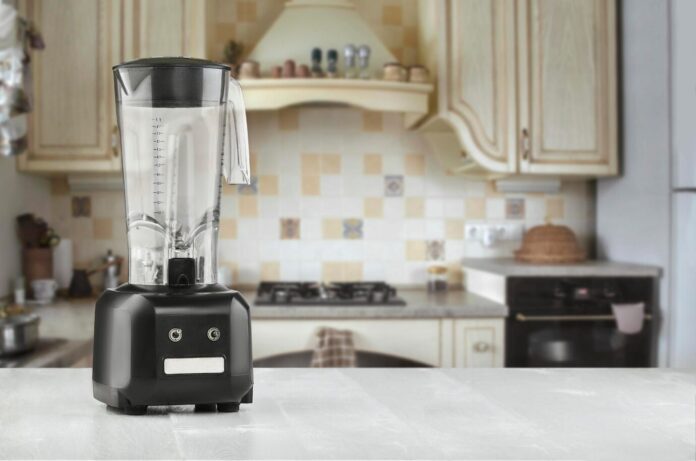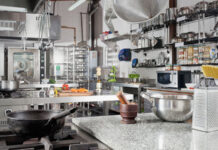In the world of home improvements, the kitchen stands out as the heart of the home, a place where functionality meets style. However, when it comes to kitchen electrical projects, the line between a DIY success and a hazardous mishap is fine.
Understanding the risks involved in taking on such tasks without professional help is crucial. This blog post delves into why certain kitchen electronic projects are best left to professionals, highlighting the importance of safety, compliance, and precision.
Understanding the Risks: Why Certain Kitchen Electrical Projects Are Best Left to Professionals
Electrical work in the kitchen is fraught with risks that extend beyond the immediate danger of shocks or fires. The complexity of kitchen wiring systems, which power a range of appliances from refrigerators to dishwashers, requires a nuanced understanding of electrical circuits.
Professionals bring to the table not just technical skills but also an awareness of how different components interact within your home’s electronic system. This expertise ensures that any modifications or installations enhance your kitchen’s functionality without compromising safety.
Importance of Safety: Avoiding Hazards in DIY Kitchen Electrical Work
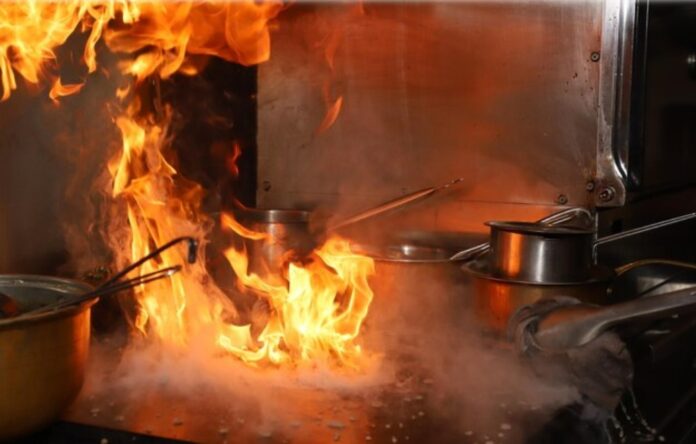
Safety should be the paramount concern in any electrical project, more so in the kitchen where water and electricity are in close proximity. DIY enthusiasts often underestimate the hazards of electrical work, from electric shocks to the risk of causing a fire.
Professional electricians, such can be found with electrical projects Statewide (Tasmania), are trained to navigate these dangers, adhering to safety protocols that protect both themselves and your home. They understand the importance of proper insulation, grounding, and circuit protection—critical factors that might be overlooked by the untrained eye.
Complex Wiring: The Challenges of Handling Kitchen Appliance Installations
Kitchen appliances, with their varying power requirements and complex wiring, present significant challenges for DIY electrical work. Each appliance, whether it’s a high-powered microwave or a double oven, needs to be correctly integrated into your home’s electronic system. This often involves understanding dedicated circuits, load balancing, and the nuances of your kitchen’s wiring layout.
Mistakes here can lead to tripped breakers, damaged appliances, or worse. Professional electricians bring the expertise necessary to ensure that each appliance is installed safely and efficiently, without overloading your system or risking electronic mishaps.
Compliance Matters: Navigating Building Codes and Regulations for Kitchen Electrical Work

Electrical work in the kitchen isn’t just about safety; it’s also about compliance with local building codes and regulations. These standards are in place to ensure that electrical installations meet specific safety criteria, reducing the risk of electrical fires and other hazards.
Professionals are well-versed in these regulations and can ensure that any work done in your kitchen is up to code. This is not only important for safety but also for maintaining the value of your home, especially if you plan to sell in the future.
The Danger Zone: Identifying High-Risk Areas in Kitchen Electrical Systems
Certain areas in the kitchen electrical system are particularly high-risk, such as those near water sources or where high-power appliances are located. These zones require extra caution and precise electronic work to prevent accidents.
For instance, outlets near sinks need to be GFCI (Ground Fault Circuit Interrupter) protected to prevent shock. Similarly, circuits handling heavy loads from appliances like stoves and refrigerators need to be properly installed to avoid overloads.
Power Surge: Managing Voltage Fluctuations and Circuit Overloads in the Kitchen
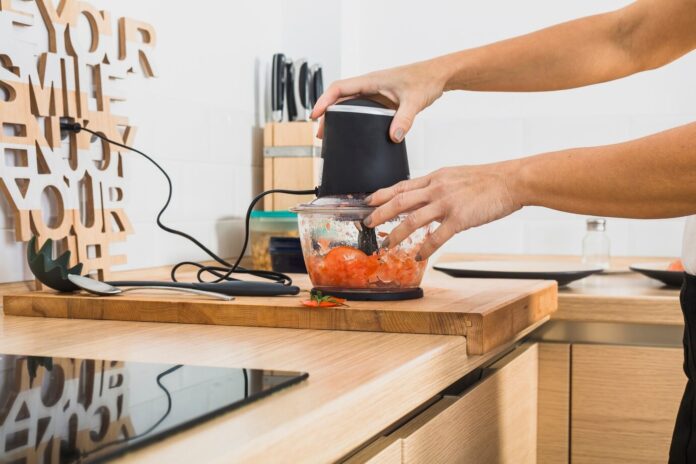
Voltage fluctuations and circuit overloads are common issues in kitchens due to the high number of electrical appliances in use. These problems can not only damage your appliances but also pose a fire risk.
Effective management of these issues requires a comprehensive understanding of your kitchen’s electronic load and the installation of appropriate protective devices, such as surge protectors and circuit breakers.
Precision Required: Why Precision Wiring is Crucial for Kitchen Safety
The margin for error in kitchen electrical work is slim. Precision wiring is crucial, not just for the functionality of your appliances, but for safety. Incorrectly wired outlets or appliances can lead to serious hazards, including electrical fires.
This precision extends to the proper selection and installation of wiring, outlets, and fixtures, all of which require an in-depth understanding of electronic principles. Professionals are adept at executing these tasks with the precision required, ensuring that every connection is secure and every component is correctly installed.
Expert Insights: Common Mistakes Amateurs Make in DIY Kitchen Electrical Projects
Amateurs often make several common mistakes in DIY kitchen electrical projects, such as misjudging the wiring system’s complexity, using incorrect or substandard materials, and overlooking safety standards.
These errors can lead to malfunctioning appliances, electronic shocks, and even fires. Professional electricians, through years of training and experience, are familiar with the pitfalls of electronic work and know how to avoid them.
Tools of the Trade: Essential Equipment for Safe Kitchen Electrical Work
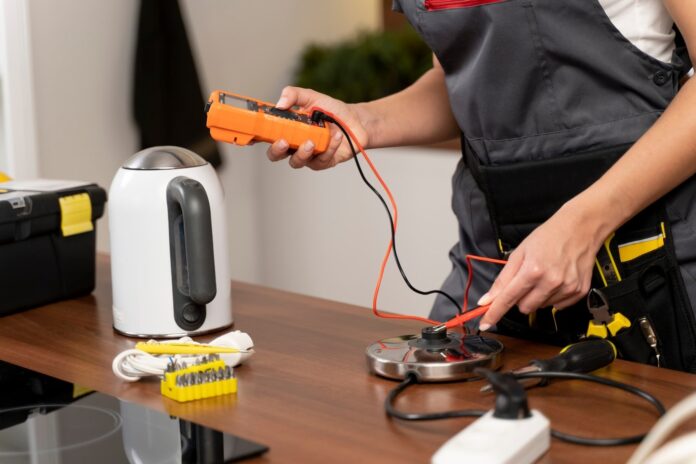
Professional electricians come equipped with specialized tools and equipment that most DIY enthusiasts don’t have. This includes voltage testers, wire strippers, circuit finder tools, and more, which are essential for safe and effective electronic work.
These tools help electricians accurately diagnose issues, safely handle live wiring, and ensure connections are secure. Without these tools, the risk of mistakes and accidents increases significantly, making a strong case for leaving kitchen electronic projects to the professionals.
Hidden Dangers: Dealing with Wiring Issues Behind Kitchen Appliances
One of the trickiest aspects of kitchen electronic work involves dealing with wiring issues behind appliances, such as ovens and dishwashers. These areas are not only difficult to access but also pose significant risks if handled improperly. Professional electricians have the experience and tools necessary to safely navigate these tight spaces, identify potential hazards, and resolve complex wiring issues.
This expertise is especially critical when updating older kitchens or integrating new appliances, where hidden dangers can lurk behind every corner.
The Cost of Cutting Corners: Understanding the Long-Term Consequences of DIY Kitchen Electrical Work

The allure of saving money with DIY electrical work is often overshadowed by the long-term costs of cutting corners. Inadequate or unsafe installations can lead to expensive repairs, increased energy bills, and even catastrophic damage to your home. Investing in professional electronic work ensures that your kitchen not only meets safety standards but also operates efficiently.
When to Call a Pro: Signs That Your Kitchen Electrical Project Requires Professional Intervention
Recognizing when a kitchen electrical project is beyond your DIY capabilities is essential. Signs that you need professional help include frequent circuit breaker trips, flickering lights when appliances are used, and outdated or insufficient outlets for your electronic needs. Additionally, if you’re planning major renovations or appliance upgrades, it’s wise to consult with a professional.
In conclusion, while DIY projects can be rewarding, kitchen electrical work demands a level of expertise and caution that is best provided by professionals. The risks associated with electronic work, combined with the complexities of kitchen wiring and the importance of compliance with safety standards, make professional intervention a wise choice.
